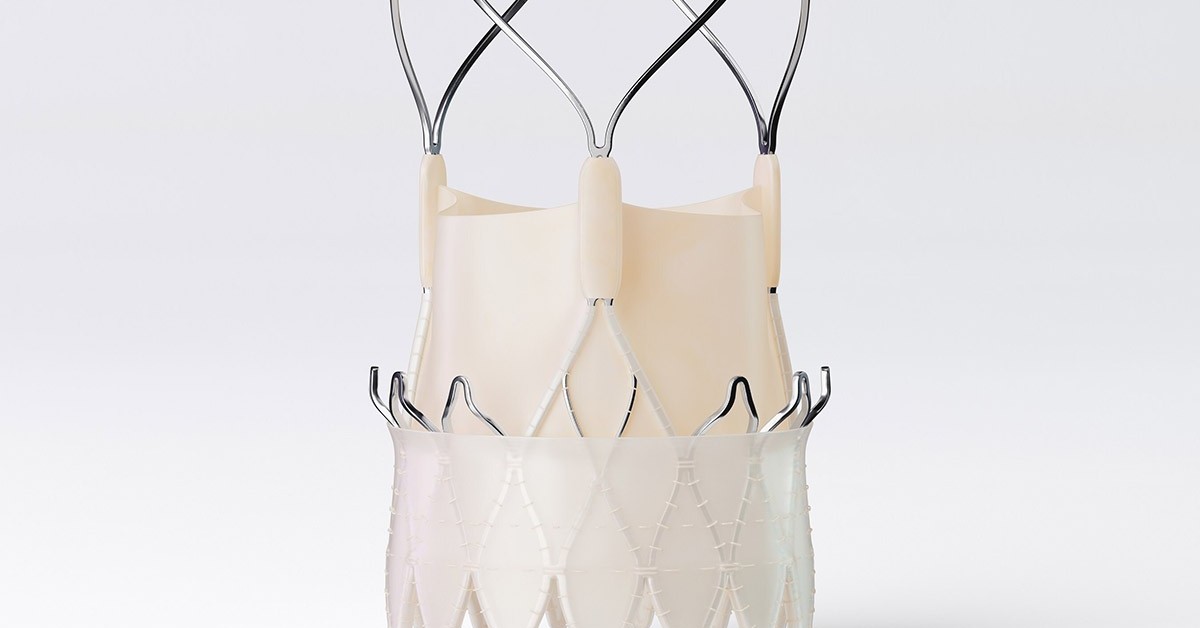
USA – Boston Scientific has announced it will stop selling its Acurate line of transcatheter aortic valve replacement (TAVR) devices.
This includes both the Acurate neo2 and Acurate Prime systems. The decision comes after discussions with regulators and a clinical trial that failed to meet its target goals for U.S. approval.
While the company believes the devices perform well when used properly, the growing list of regulatory demands and the need for more clinical data in global markets led to the choice to exit.
As a result, all commercial, clinical, and manufacturing activities related to the Acurate systems will stop.
The Acurate neo2 system, which has been used in Europe since 2020, was being tested for approval by the U.S. Food and Drug Administration (FDA).
However, results from the ACURATE IDE trial – presented in late 2024 – showed that the valve failed to meet a key safety and effectiveness benchmark compared to devices made by Medtronic and Edwards Lifesciences.
Although doctors in Europe had reported positive experiences with the neo2, trial data suggested that the device underperformed, possibly due to the under-expansion of the valve in patients with heavy calcium buildup.
A follow-up analysis confirmed this, showing that nearly 22% of patients had under-expanded valves, which was linked to higher rates of death, stroke, or hospital visits within a year.
Experts believe that low radial strength in the device’s design may be to blame. They also suggested that changes in valve deployment techniques could help improve results in future versions.
The newer Acurate Prime valve showed better early outcomes, including strong technical success and a low rate of complications in a European registry involving over 500 patients.
Updates in the Prime design included stronger valve expansion, additional sizing options, and enhancements to the delivery system.
Despite this progress, Boston Scientific decided to pull both devices. Doctors involved in the trials expressed disappointment, noting that proper usage and communication of best practices might have led to better results, especially as the company tried to enter the competitive U.S. market.
XRP HEALTHCARE L.L.C | License Number: 2312867.01 | Dubai | © Copyright 2025 | All Rights Reserved